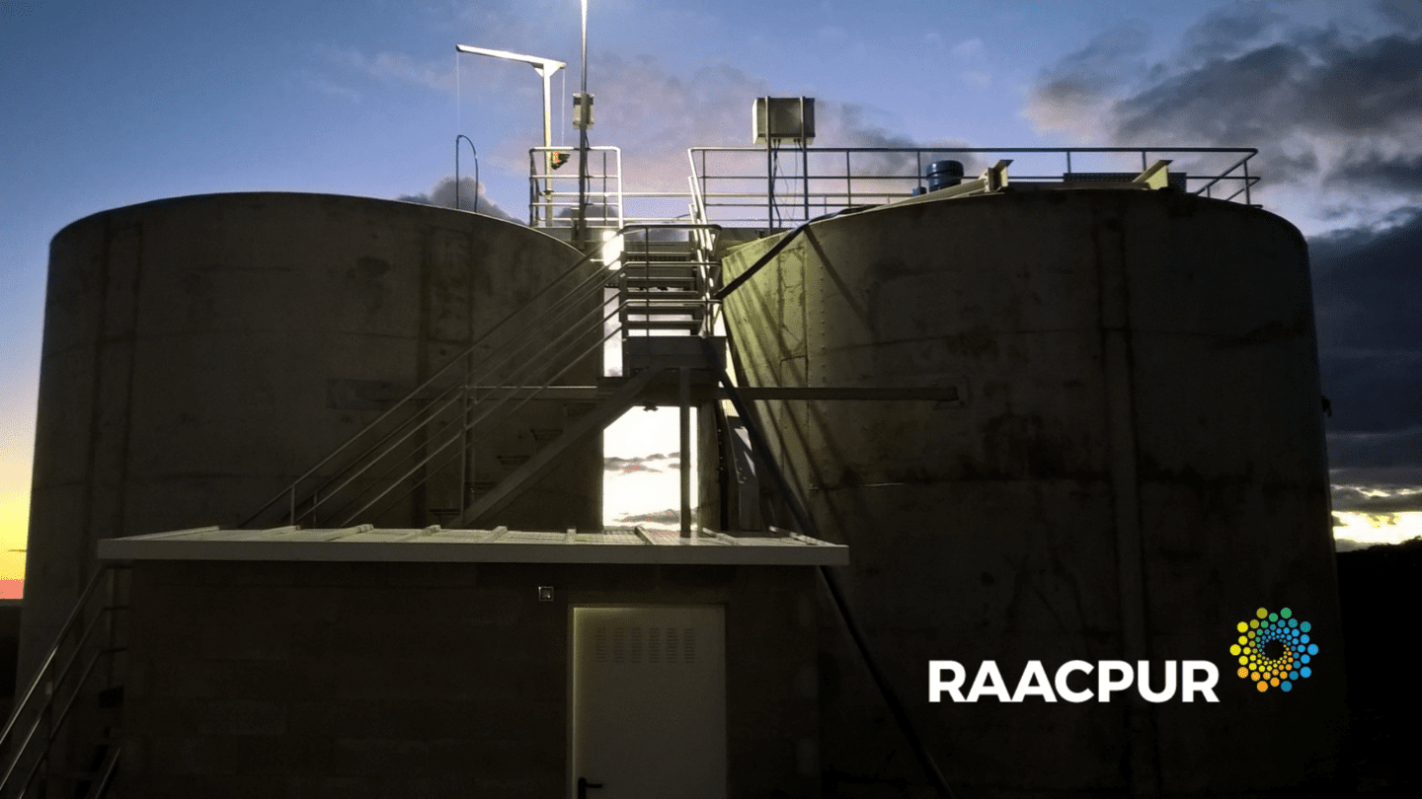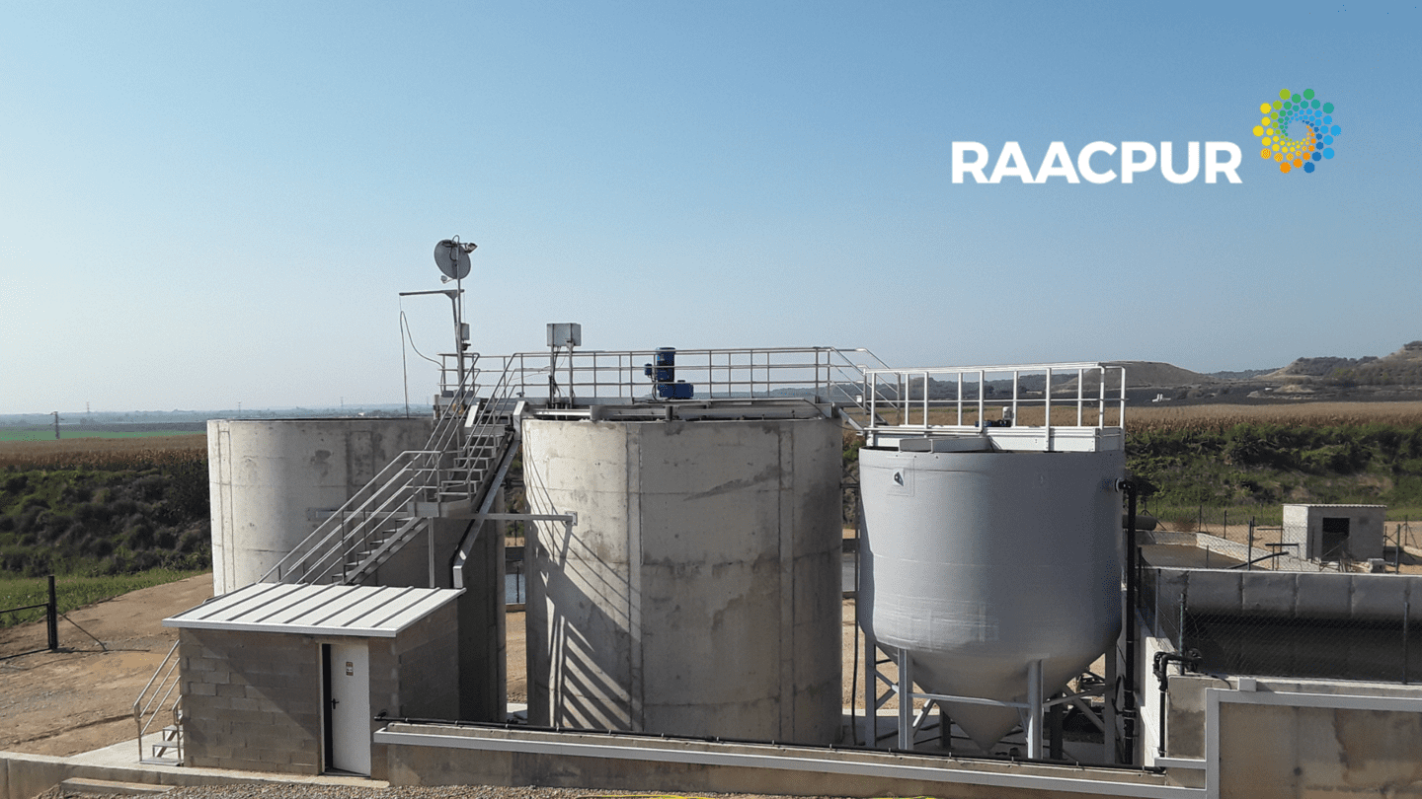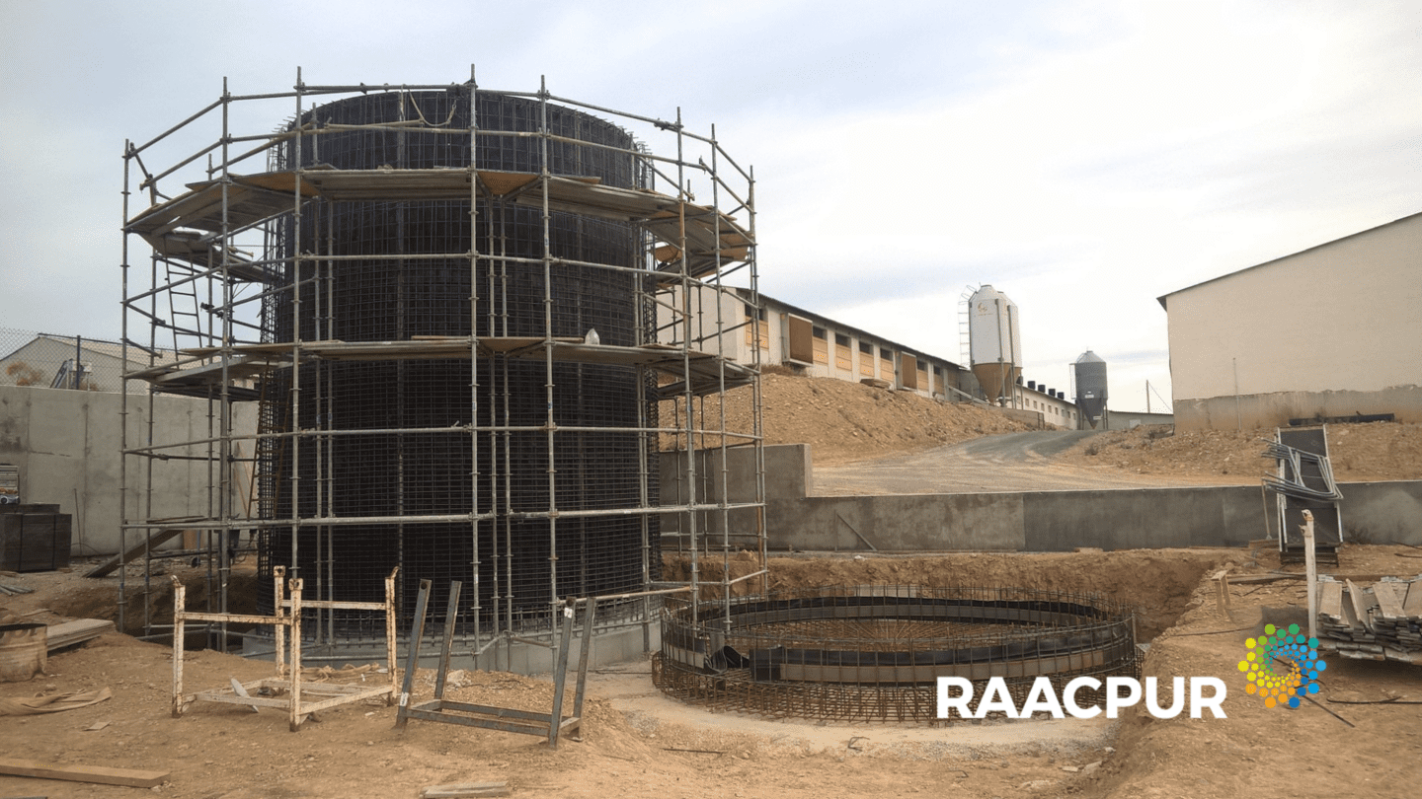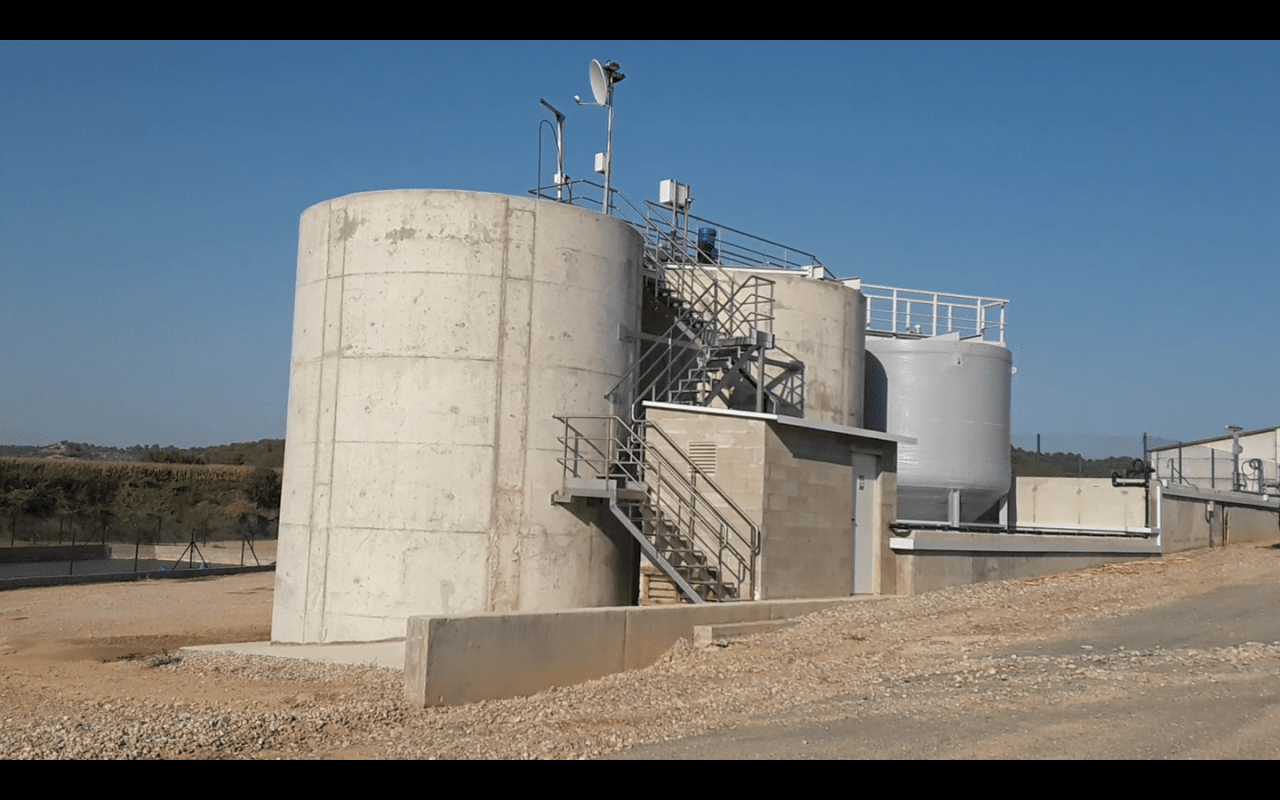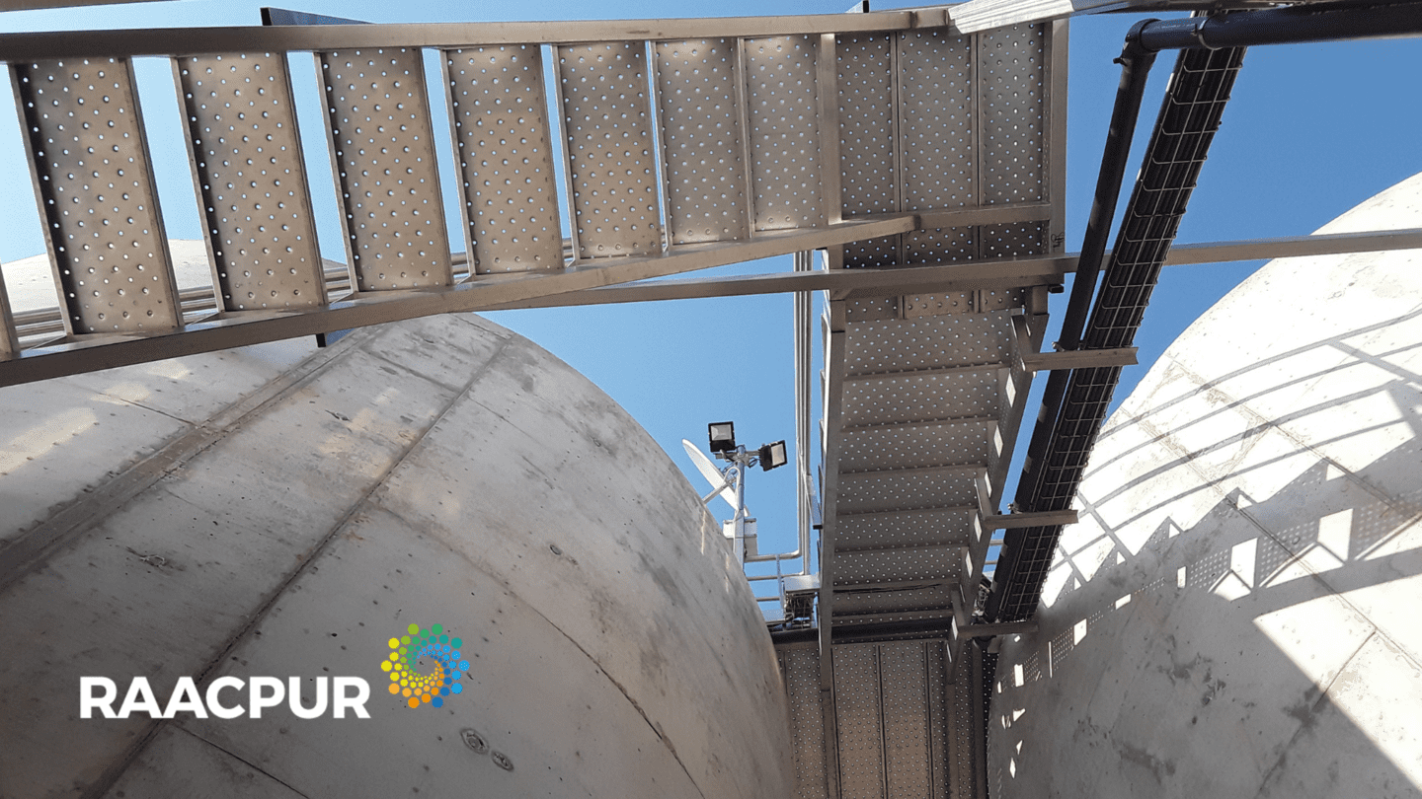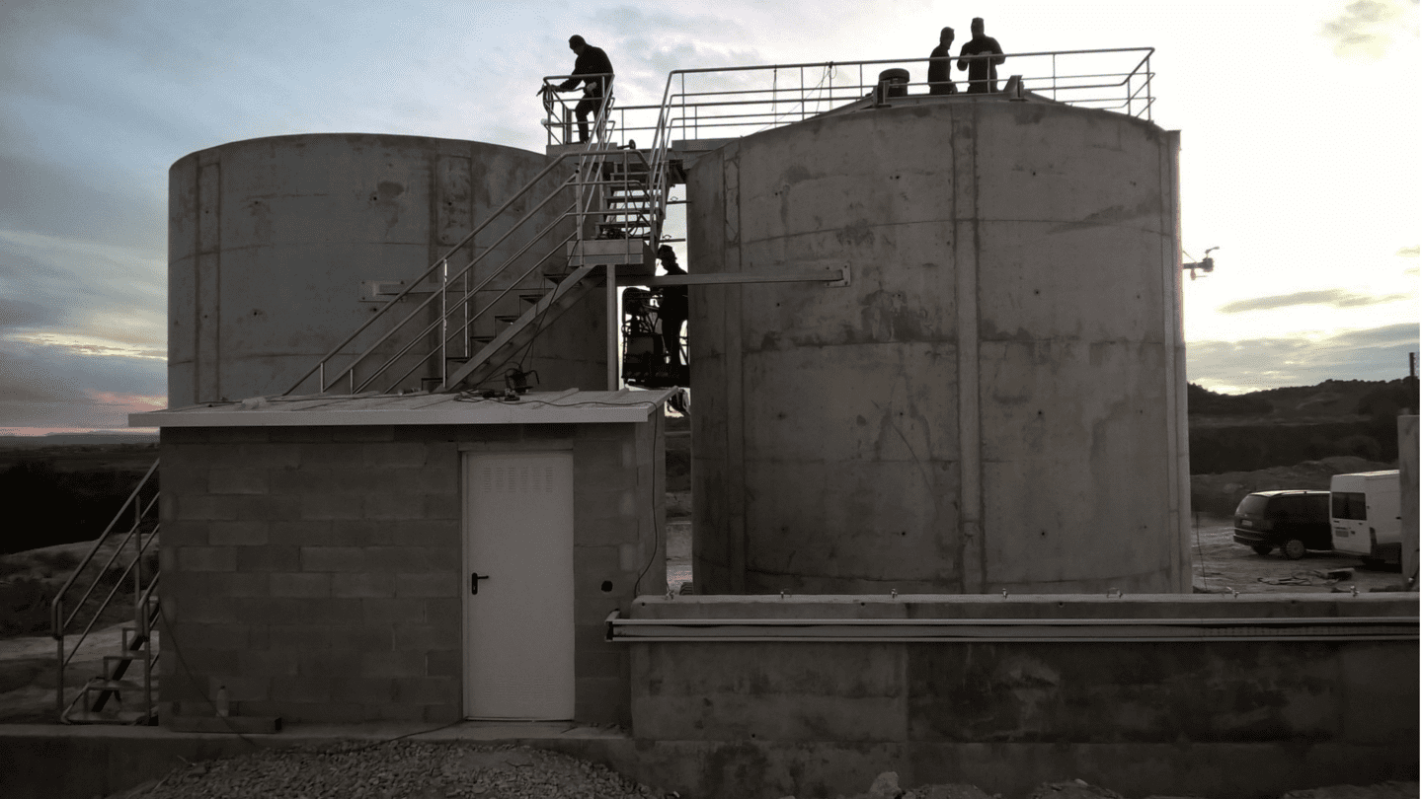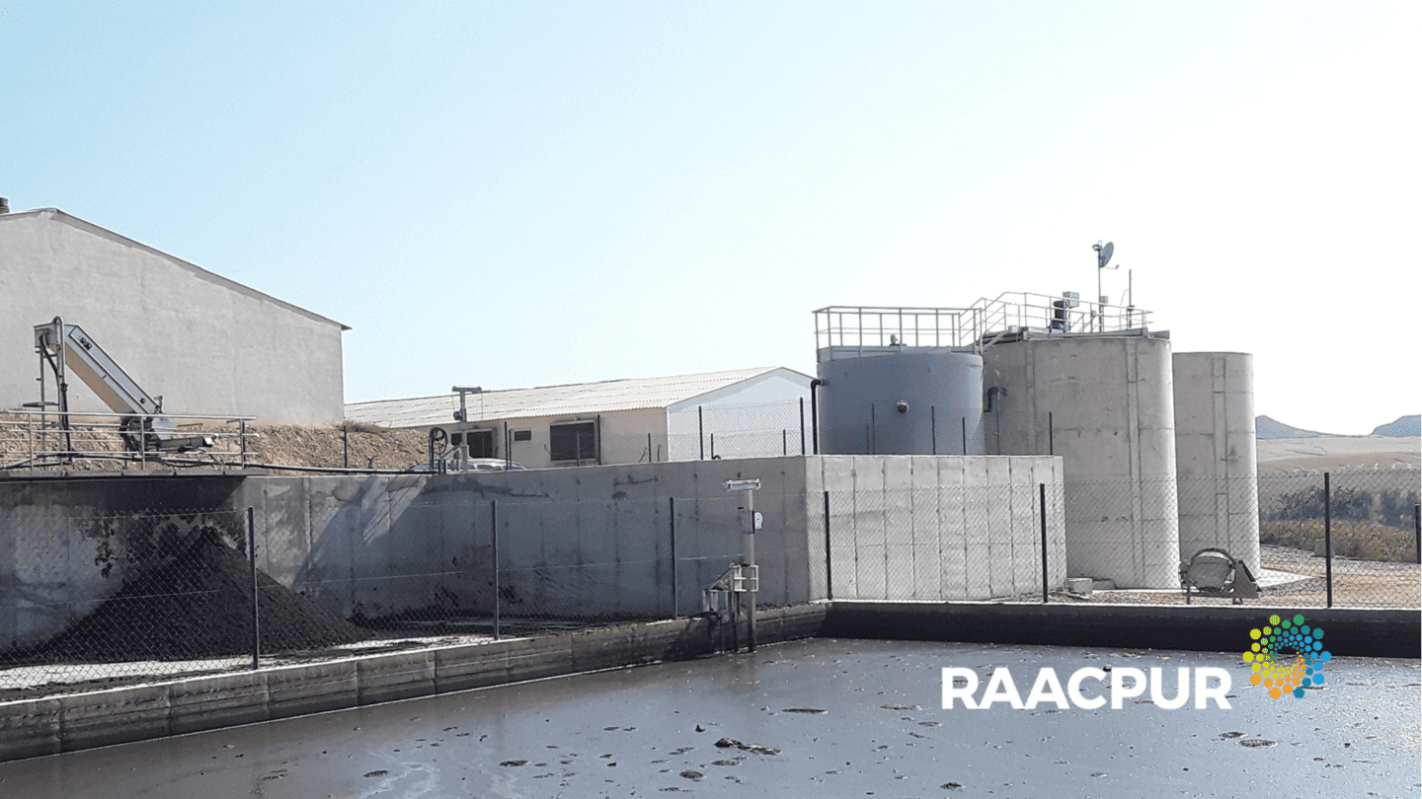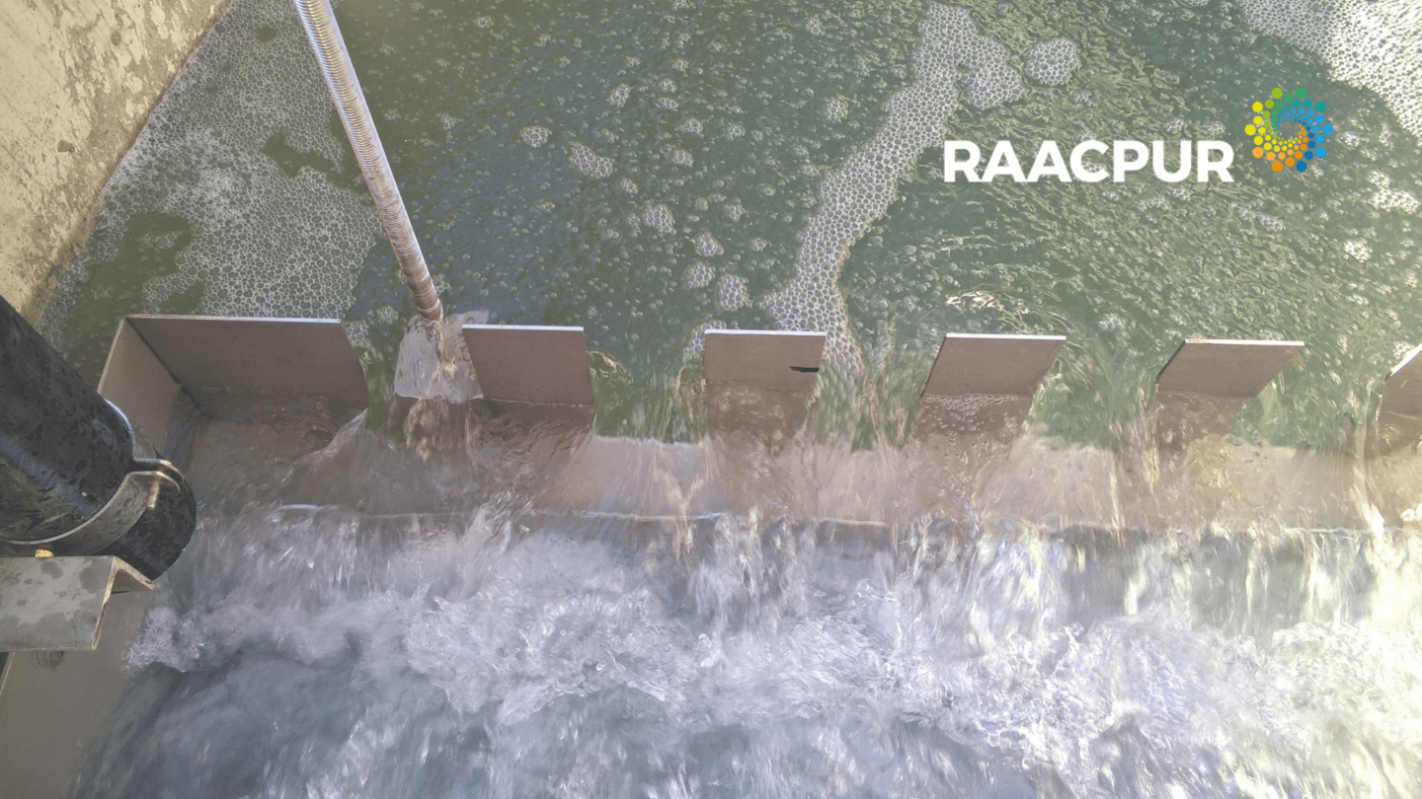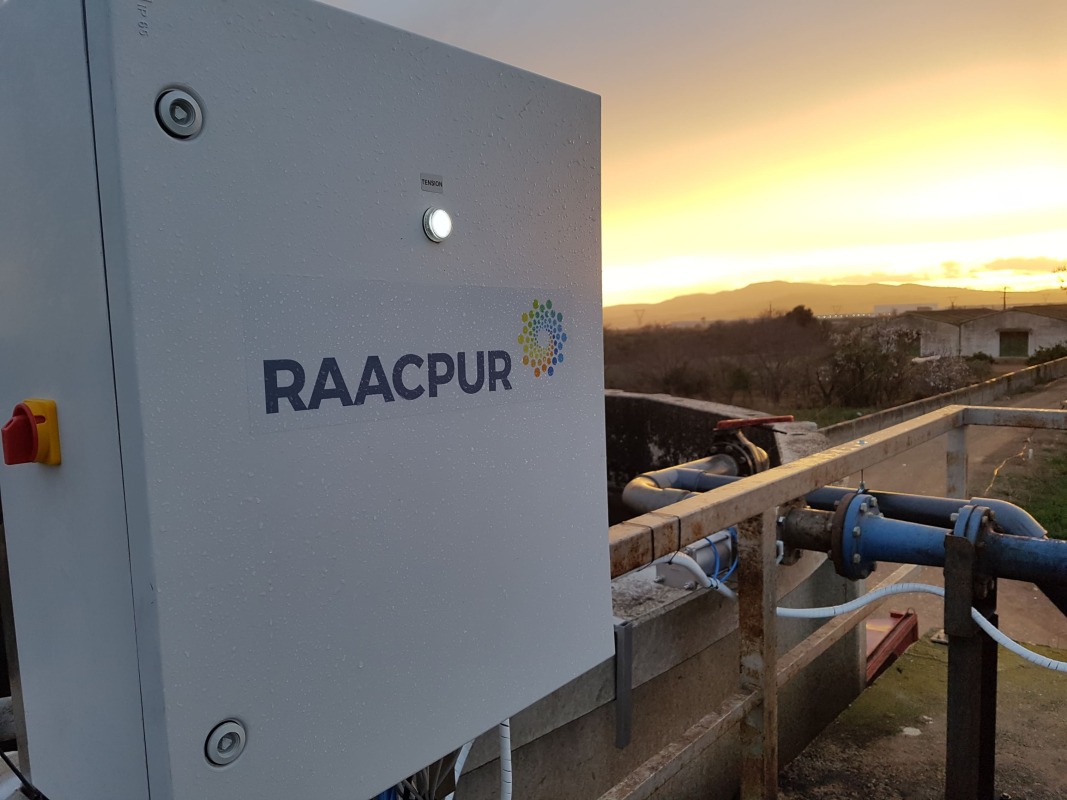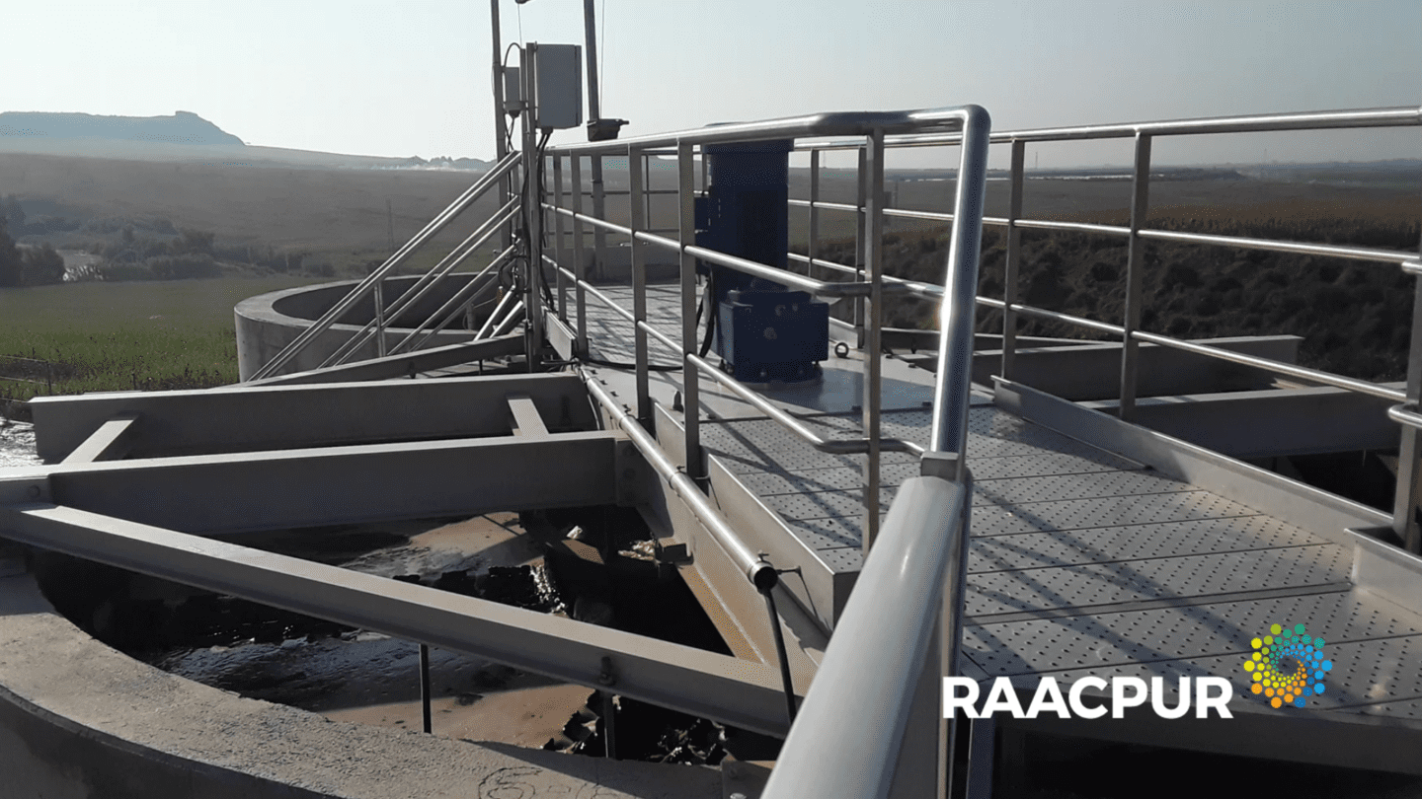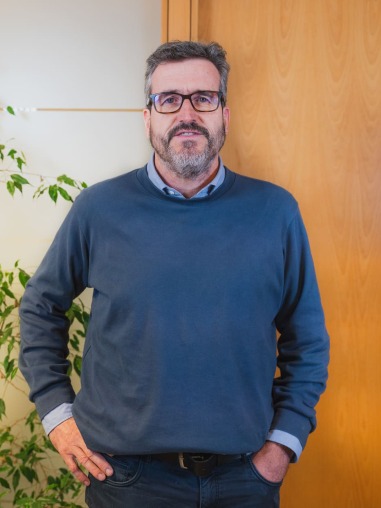Constructing a biological treatment plant.
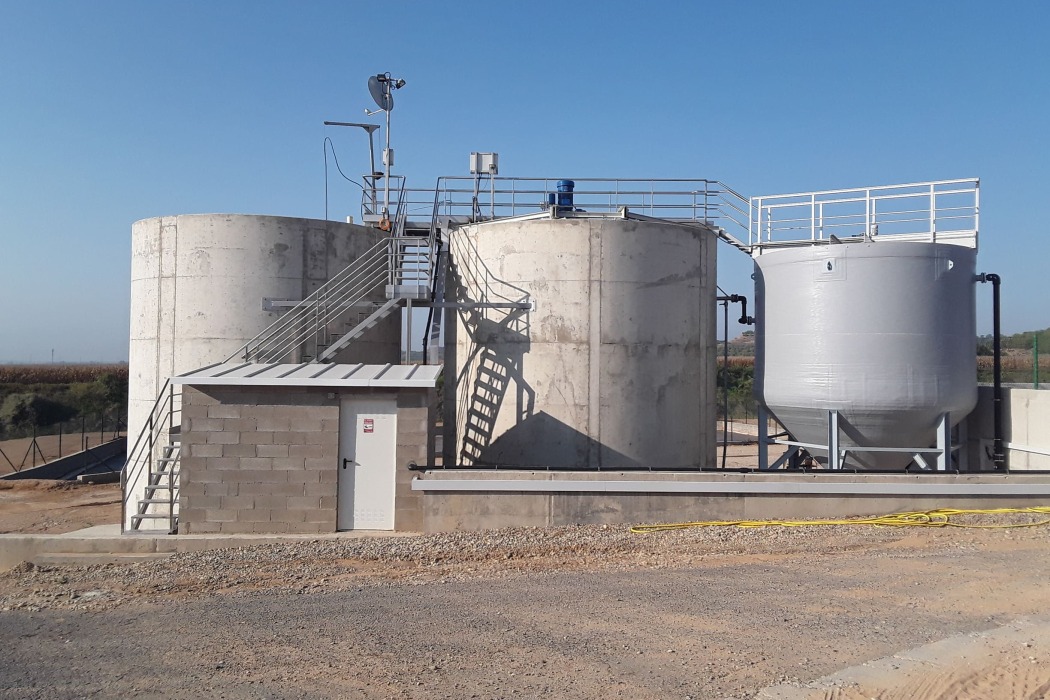
The Challenge
In a farm that houses breeding sows, the generation of pig waste can represent significant potential as organic fertilizer. However, if not managed properly, this practice can lead to soil nitrate oversaturation and, consequently, contamination of aquifers and groundwater.
Therefore, the challenge of this project has been to achieve proper management of the pig manure and its application as organic fertilizer to the available hectares of crops to reduce the environmental impacts associated with waste management and make the most of the farm's resources.
Sustainable management of livestock waste as organic fertilizer is a commitment to environmental sustainability and the economic efficiency of the farm.
The Solution
The solution has been the operation of the RAACPUR plant to treat the pig waste generated by the breeding sow farm, with the goal of transforming the waste into a fertilizer that could be applied to the available farm hectares for agricultural use. This treatment process involves separating the liquid and solid fractions. The liquid fraction is the part that is applied through sprinkler irrigation. In this way, fertilizer is distributed evenly, and plants can absorb nutrients optimally.
Another important aspect of this plant is that it utilizes 100% of the water used in the waste treatment process, so no liquid waste is generated, and therefore, there is no negative environmental impact associated with waste management.
